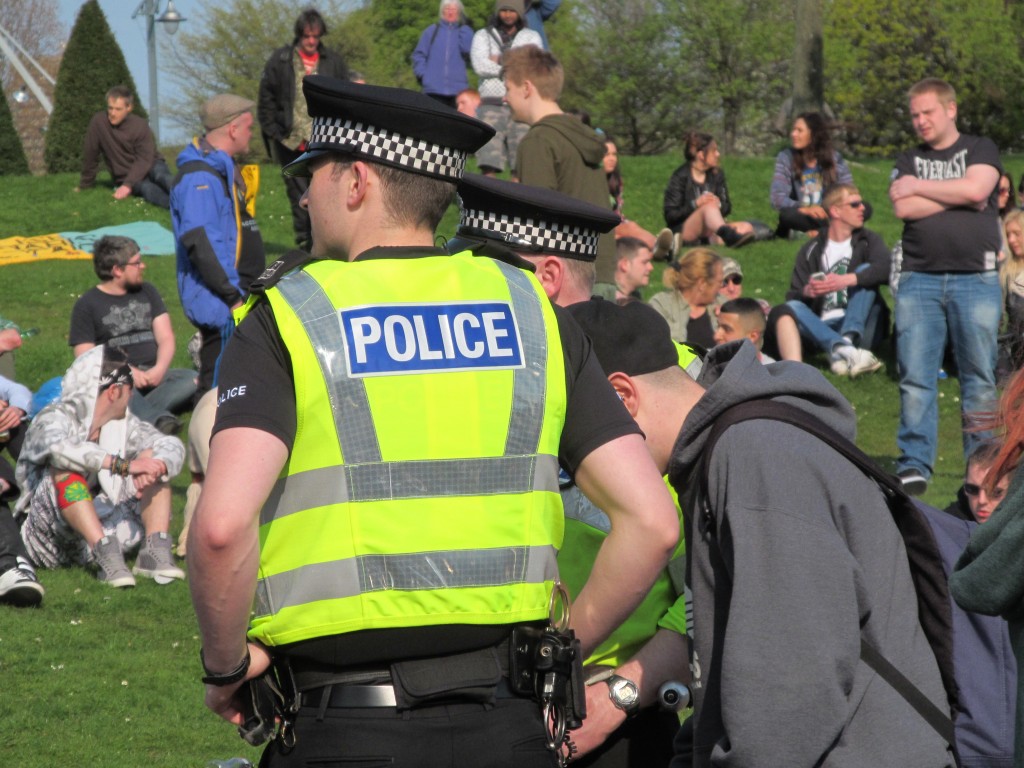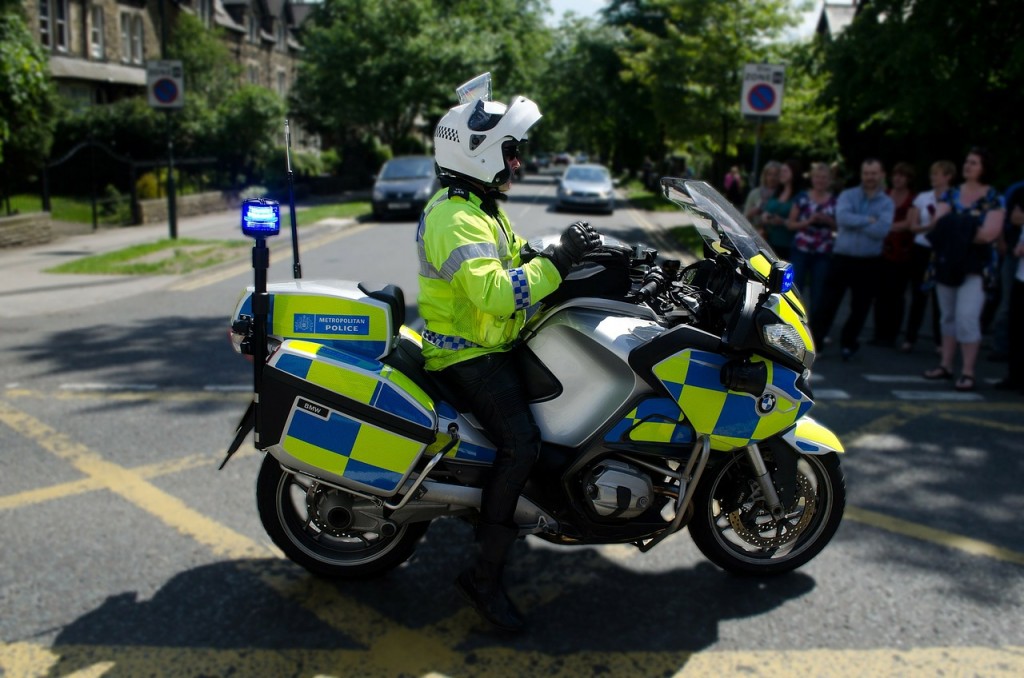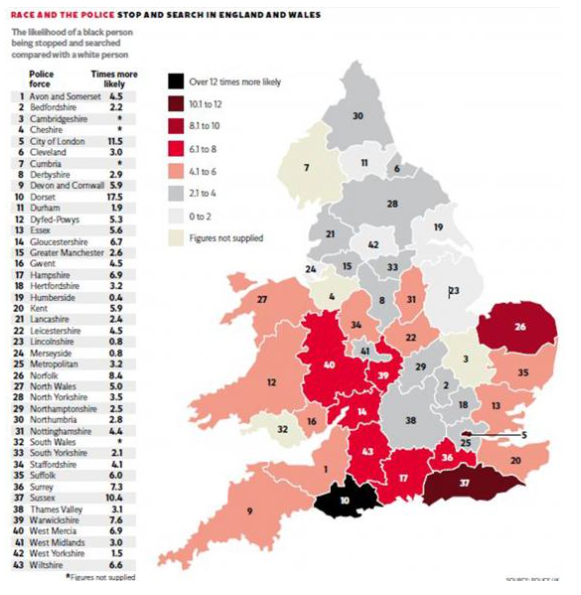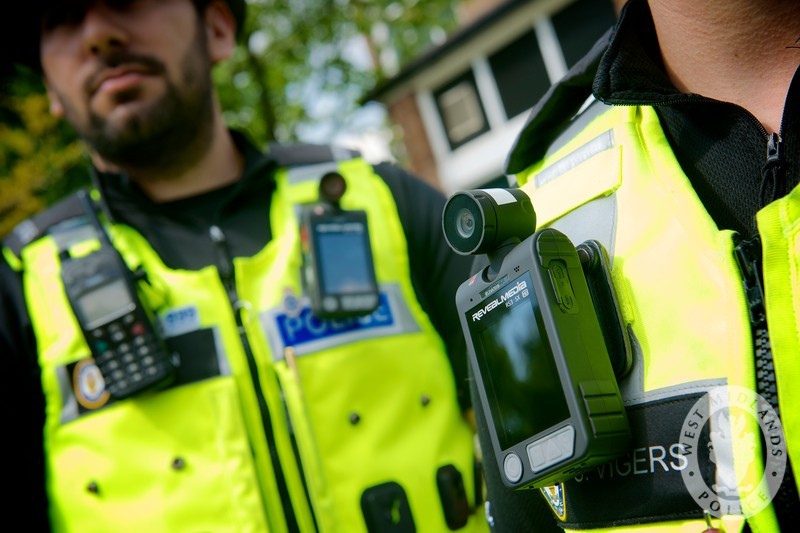An analysis by The Independent in August 2015 showed that black people are far more likely to be stopped and searched by police than other ethnic groups. The study showed that 36 of the 39 police forces analysed were more likely to use their powers to stop and search on black people than on white people. Meanwhile, the Guardian reported in March 2016 that the increase in the use of stop and search has made no different to the detention of crime.
What is stop and search?
In the UK the police have the power to stop and question you at any time. They can ask you what you’re doing, why you’re in an area and where you’re going. However, in order to search you, a police officer has to have ‘reasonable grounds’ to suspect you are carrying illegal drugs, a weapon, stolen property or something else that could be used to commit a crime, for example, a crowbar.
The police officer will only have reasonable grounds to suspect you’re carrying a weapon if, for example, he or she suspects that serious violence is about to take place.
What are the rules behind stop and search?
The police’s stop and search powers are set out in the Police and Criminal Evidence Act 1984 (PACE). The Code of Practice on stop and search accompanying PACE says that, before a police officer may search someone, the officer must tell that person the officer’s name and police station;
What protections are in place to make sure the police do not exercise their stop and search powers in a discriminatory way?

The Code of Practice says that stop and search powers must be used fairly, responsibly, with respect for people being searched and without unlawful discrimination. Under the Equality Act 2010, police officers must take into consideration the need to eliminate unlawful discrimination, harassment and victimisation when carrying out their duties.
Importantly, the Code of Practice says that personal factors, like a person’s physical appearance, can never support a reasonable suspicion. Generalisations or stereotypical ideas that certain groups of people are more likely to be involved in criminal activity cannot have any sway over a police officer’s decision to stop and search.
Are these protections watertight?
No. If a police officer fails to comply with the Code of Practice, PACE says that the failure in itself will not give rise to any criminal or civil proceedings. However, a judge can take the officer’s breach into account if it arises in relation to any other proceedings.
What does stop and search have to do with human rights?
 Stop and search can interfere with our rights to liberty and the right to respect for private life. In a number of cases the laws on stop and search have been challenge on human rights grounds. In Gillan and Quinton the European Court of Human Rights found that the powers used to stop and search a protester and a journalist on their way to protests were illegal because they lacked the requirement for reasonable suspicion and could therefore be used arbitrarily.
Stop and search can interfere with our rights to liberty and the right to respect for private life. In a number of cases the laws on stop and search have been challenge on human rights grounds. In Gillan and Quinton the European Court of Human Rights found that the powers used to stop and search a protester and a journalist on their way to protests were illegal because they lacked the requirement for reasonable suspicion and could therefore be used arbitrarily.
In another case the journalist Glenn Greenwald’s husband was stopped and searched at Heathrow airport under stop and search powers designed to combat terrorism, which meant that officers did not need ‘reasonable suspicion’ that someone was involved with terrorism before stopping them. The Court of Appeal found the stop and search procedure was legally carried out, but declared that the law more generally breached journalists’ freedom of expression rights because there were no safeguards in the law for journalists.
The wife of a convicted terrorist was stopped and searched at East Midlands Airport under the same powers as David Miranda was stopped. She complained that her right to liberty and private life were breached. The Supreme Court found that her detention and questioning were lawful, but that there was ‘room for improvement’ in the law.
In another recent Supreme Court case, Ann Roberts a woman of African-Carribbean heritage, was stopped and searched on a bus in Haringey, London. The police were using powers which allowed them, for a short time, to stop and search anyone in the area. This was justified because of a rise in gang violence in the area. The court said the powers were used lawfully and did not breach Mrs Roberts’ human rights. The judges said this about the fact that many of the people being searched were likely to be black:
“While there is a concern that members of these [gangs] should not be disproportionately targeted, it is members of these groups who will benefit most from the reduction in violence, serious injury and death that may result from the use of such powers. Put bluntly, it is mostly young black lives that will be saved if there is less gang violence in London and some other cities.”
What did the Independent’s Report Say?

(c) The Independent
The report found that in 36 out of 39 police forces, black people are being targeted more than white people by police carrying out their stop and search function. Less than a quarter of searches led to an arrest. In certain counties, the problem was even worse. In Dorset, for example, a black person was 17 times more likely to be stopped and searched than a white person.
This problem is not new. A 2010 report by the Equality and Human Rights Commission reached similar conclusions.
Stop and search powers are closely linked to our human rights and exercising these powers lawfully is crucial for protecting our rights. The police play a crucial role in this. They frequently ensure our right to life and right to not suffer degrading treatment are protected. But the powers must be very carefully controlled so as to make sure there isn’t a disproportionate effect on racial minorities. Human rights provide the language, and sometimes the power, to make sure stop and search remains within the law.
See RightsInfo’s equality resources for examples of how human rights help to combat racial discrimination.







